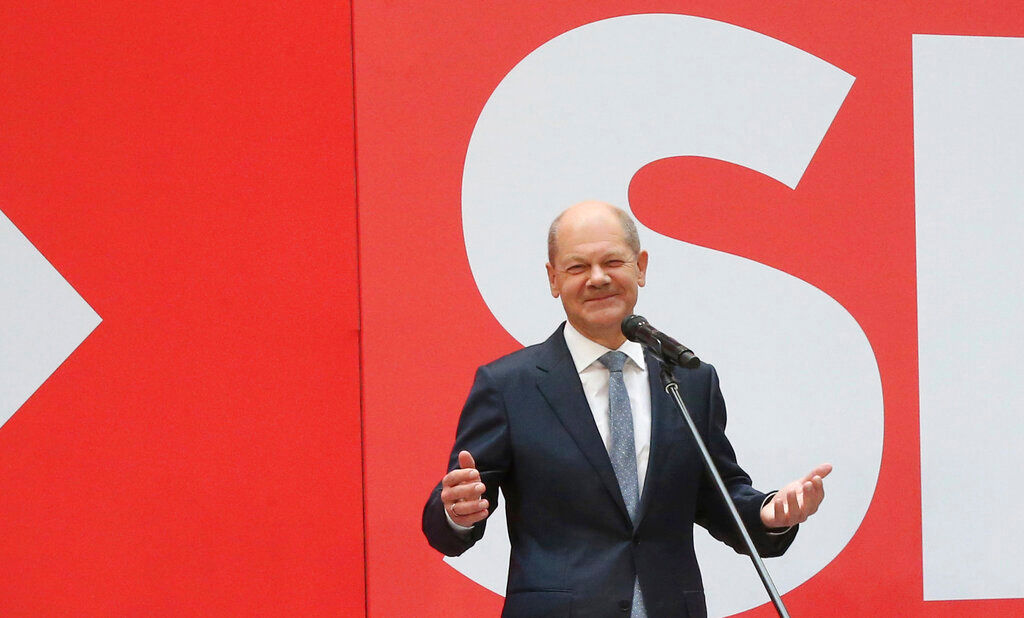Social Democrat Olaf Scholz will lead a three-party coalition in Germany, ending the 16-year tenure of longtime Chancellor Angela Merkel . Scholz’s center-left Social Democratic Party (SPD) ended with a narrow lead over Merkel’s center-right CDU-CSU bloc in the German national election in September. The new government will also include environmentalist Greens and the business-friendly Free Democrats (FDP).
German parties reach deal for government to end Angela Merkel era
Born on June 14, 1958, in Osnabrück, Lower Saxony, Scholz grew up in Hamburg’s Rahlstedt district. He studied law at the University of Hamburg before finding employment as a lawyer specialising in labour and employment law. Scholz joined the SPD as a student at age 17. He served as a member of the German Bundestag from 1998 to 2001, followed by a brief stint as Senator for the Interior of Hamburg in 2001.
Germany polls: Angela Merkel’s party loses to Social Democrats after 16 years
Scholz was elected again to the Bundestag in the 2002 German federal election. He also served as General Secretary of the SPD from 2002 to 2004, the year Chancellor Gerhard Schröder announced to step down as party leader.
He has served as Vice-Chancellor to Merkel and as minister of Finance since March 2018, as the first mayor of Hamburg from 2011 to 2018, and as the deputy leader of the SDP from 2009 to 2019.
Germany polls: Angela Merkel’s party loses to Social Democrats after 16 years
Scholz’s rescue packages for Germany’s economy, including a 130 billion euro stimulus package in June 2020, were hailed for helping the country tackle the crisis brought on by the COVID-19 pandemic better than neighbours such as Italy and France. Scholz also oversaw the implementation of the Next Generation EU, the EU’s 750 billion euro recovery fund to support member states hit by the pandemic, including the decision to spend 90% of the 28 billion euros for Germany on climate protection and digitalisation.
At the G7 summit in June 2021, the G7 agreed on a worldwide minimum tax proposed by Scholz of at least 15 percent for multinational companies, as he was able to convince US President Joe Biden of the minimum taxation, according to Der Spiegel.







